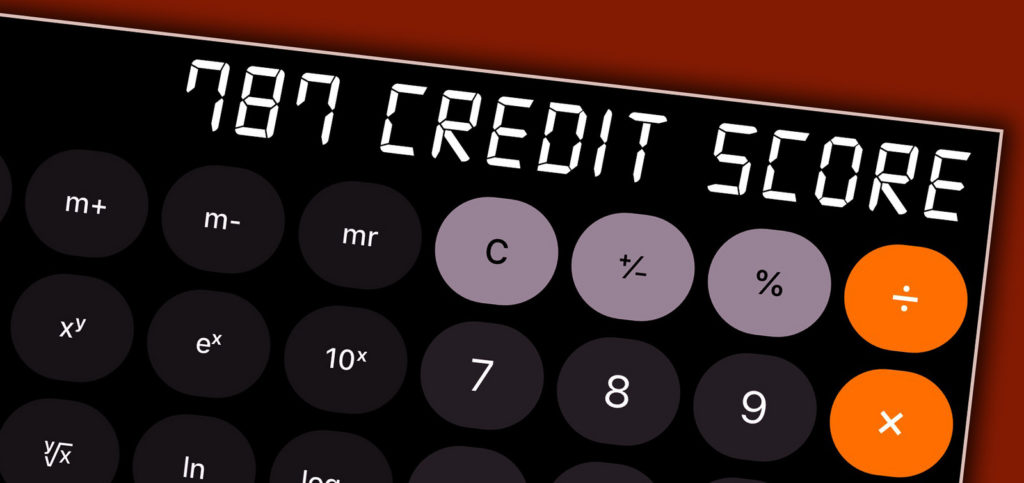A number of different factors go into a credit score, and some people work for years to move their score into the good range. In general, people who have credit scores above about 700 are in decent shape, but those in this situation often wonder how to take their credit score from good to great. Once you achieve a score that is in the mid-700s, it may seem impossible to go up from there if you are already doing just about everything right and, most importantly, making on-time payments each month. Sometimes, the most exclusive deals and rates are reserved for people with truly excellent credit, meaning a score above 800. The following are some tips to keep in mind if you are attempting to move from a good to great credit score:
1. Monitor Both Your Credit Report and Score
Too often, individuals only focus on their credit score without actually looking at their credit report. However, reporting errors occur fairly frequently, as does identity theft. Catching these problems on a report early on can prevent serious consequences down the road and help you to avoid a lot of hassle. Even one strike against your credit can derail your score for years. You may want to consider signing up for a credit monitoring service, which will look for any red flags. However, this does not take the place of personally verifying the report.

Each major reporting agency allows you to pull a credit report for free once annually. Although this report will not have a final score, it will track your debt, credit, and payment history. If you notice something incorrect, you will need to send a written dispute letter to all three major credit bureaus. A correction can have a significant impact on your score, particularly if your record has relatively few other blemishes. You can usually expect to hear back from credit reporting agencies about 30 days after submitting a letter.
2. Pay Attention to Your Credit Mix
If you are working to repair a damaged credit score, you do not need to pay a lot of attention to your credit mix. However, this element of a credit score can become more important when it comes to moving your score from good to great. Typically, scoring models prefer that individuals demonstrate the ability to manage different types of debt successfully, including credit cards, mortgages, personal loans, and more. If you do not see a lot of variety in your credit report, then you may want to take action and consider new forms of debt.
Usually, taking on more debt is discouraged, but sometimes it is necessary to move the needle. When considering this step, you should only look at low-interest loans with monthly payments that you can easily cover. For example, someone who is able to pay cash for a car may actually want to take out a loan instead. Moreover, those who have completely avoided credit cards should get one and make only small purchases that they can pay off at the end of the month on it. If you use this strategy, it is also important to think about credit utilization, which is discussed below.
Often, people avoid applying for new credit when they want to optimize their credit score. While the hard inquiries involved in opening a new account do temporarily impact your credit, the effect is fleeting, and the long-term advantages can prove beneficial.
3. Improve Your Credit Utilization Ratio
Perhaps the most important aspect of moving from good to great credit relates to your credit utilization ratio. The phrase refers to the ratio between the balances owed on your credit cards relative to their limits. Credit agencies consider both your total credit utilization ratio and each card that you own. As a very general rule of thumb, credit utilization should stay below 30 percent for an optimal score. While this number is more important for credit overall, individuals may also want to ensure that all of their accounts are individually below this utilization rate.

Individuals seeking to adjust their credit utilization ratios have two main options. The first—and often more difficult option—is to decrease the numerator, or the balance owed, by paying off the debt. However, this is not always possible based on individual circumstances. An easier option is to contact your credit card company and ask for a higher limit so that the denominator, or the amount of credit available, will become larger. Individuals can maximize the effect by doing both of these things. People should also keep their credit cards open once their balances are paid off in order to maintain the available credit. As a general rule, old accounts should always stay open unless there is a clear reason to close them. If your credit card has a particularly high interest rate, it may also make sense to pay it off with a personal loan that offers a better rate in order to save on interest while also reducing your credit utilization ratio.

